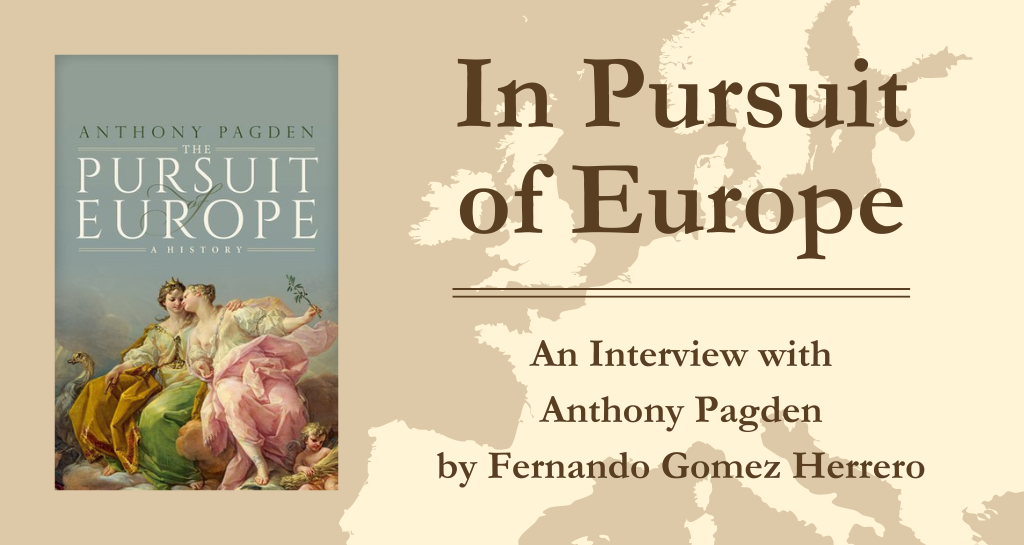
This is the second half of a two-part article. To read the first part, click here.
Anthony Pagden is a Distinguished Professor in the History Department at the University of California-Los Angeles. England-born and Oxford-trained, but based on the West Coast of the United States, he is emotionally and intellectually invested in the idea of Europe–that is, in the coherent continentalism that is also the current project of the European Union. This is also, in his case, the continent-wide project of liberal democracy that must respond convincingly to the still-unfurling disappointment of Brexit. Pagden addresses this project in relation to a new book, The Pursuit of Europe: A History (2022). This work is connected with an edited collection of essays, The Idea of Europe: From Antiquity to the European Union (2002). Both works cover vast time spaces and aspire to lofty goals, encompassing perhaps more continuities than discontinuities. Pagden remains to this day a committed representative of the British school of international thought, and he defends the validity of a history of ideas “from above.”
Earlier this year, Pagden sat down for an interview with Fernando Gomez Herrero, an historian based at the University of London’s Birkbeck College. In conversation with Gomez Herrero, he grappled with questions such as: how does a political configuration such as Europe come into being? How does it overcome enmities and divisions? What type of internationalism does it embrace? What are its limits? And whom do those limits classify as “others”?
EDITOR’S NOTE: The following interview has been lightly edited for clarity’s sake.
Fernando Gomez Herrero: “Europe” can serve as a short-form name for the European Union, for the U.S.’s European allies, for a portion of the “liberal West.” But what appeals to you about Europe is that it stands above the nation-state. You want to cover a continental spatialization. Why? What is ticking at the core of your project? Is it about pursuing an ideal? Is that what makes you broaden your horizons?
Anthony Pagden: Yes. It is a conception of a fantasy, if you like, a utopia—whatever you want to call it—a nowhere place, certainly, of a unified human race that isn’t constantly at war with itself. So, when you say I want to rescue some things from the Anglosphere, that is perfectly true. English is my mother tongue. I write in it, unlike my wife, who writes in three different languages. I wish I were so gifted. I used to be fluent in Spanish. I have lost the knack of that now. There is (or should be) a common core, but there is a way of wanting to preserve, for instance, the different languages, different cultures within Europe and beyond Europe. There is an element of realism about it. You have got to think: “What have we got?” A movement forward in time, if we look at it as a historical process, isn’t a series of stark revolutions. There are, of course, some like the Russian Revolution or the French Revolution, but these do not change the landscape completely. What there is is a gradual evolution and there is no endpoint to that evolution. We are not moving towards a world in which everyone lives happily hereafter in liberal nation-states. What we are moving towards I really don’t know. But I do have a suggestion which would be some kind of extended federation.
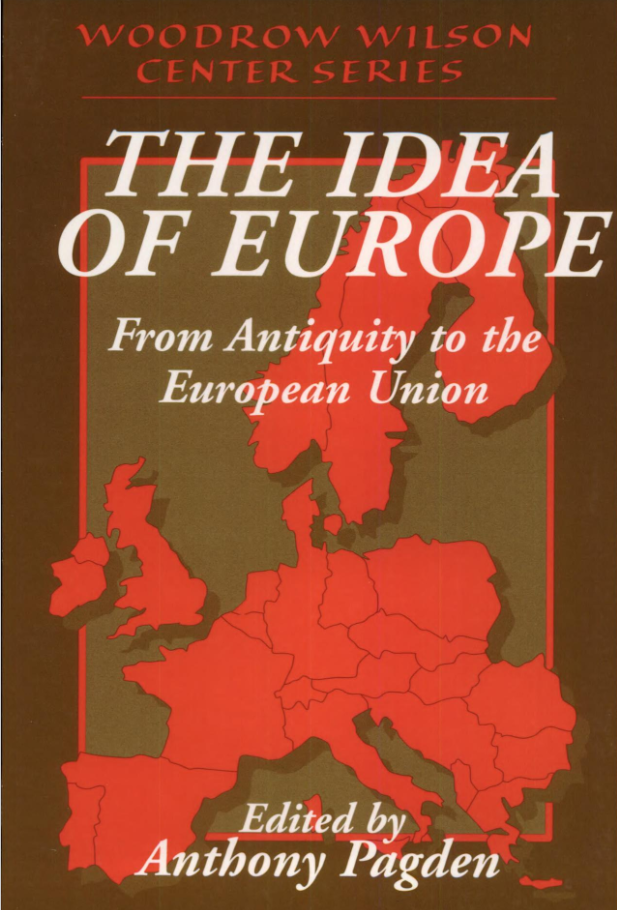
My real point, though, is that the nation-state, in spite of all that people say about it collapsing, “fading into the shadows,” and so on, is not about to vanish any time soon. What is happening is that the nation-state is changing, and it is doing so dramatically, and it has to change in such a way that it can preserve what it has been so good at preserving. At the same time, it has to lose or shed that sense of particularity, parochialism or jingoism, all that we associate with the populism of the far right. We have to shed the belief that there is France and there is Italy, and so on, that these places are self-contained, self-explanatory. They have their own histories, languages, religions, et cetera. We do not want to make any of that disappear. However, we have to bear in mind that the process of history is inescapable, irreducible. France—to take one example, because that is the one I know best—is not now what it was fifty years ago, and it is not what it is going to be in fifty years’ time. All of these things are constantly changing. God knows where we will be in a thousand years’ time (probably, we will not be here) or in a hundred years’ time or even in fifty years’ time! The process is in a state of constant movement. Most opponents of cosmopolitanism, globalization, whatever you call it, are people who in essence think that it isn’t moving, who think the nation-state is a natural form, which is what people used to think in the 1930s and 40s. That it is the end of history, to put it that way. It isn’t.
FGH: I brought up nations and nationality in part because of your perspective, as an Englishman, on Brexit, which you’ve called a catastrophe. Isn’t Brexit it also the legacy of Britain’s status as a peculiar cousin “in but not of” the European family, historically playing transatlanticism against Europeanism; of the tradition of isolation and the “island mentality”; of the long divergence from the continent—or from “our European friends,” as the Brexiteers say? For you, Europe includes Britain, and your “devotional task” involves intellectual convergence with Europe. But you’re operating within an Anglophone American space . . .
Pagden: Well, only operating in the sense that I happen to be here. But intellectually, I would not say that that is the case. There are various ways of looking at this. Britain–England, Scotland–has been a core part of European culture since at least the 17th century. I write histories. I wrote a history of the Enlightenment, which at its core—according to my interpretation—was a revolution engineered in the 17th century by three men: Thomas Hobbes, John Locke, and Francis Bacon. There are many others. If you look at the same scenario from the point of view of people writing in France in the 18th century, most of them would probably be included. I would add Descartes to my list, and others. But getting back to Britain, let me give you an example. There is a popular French play written in the 18th century (I have forgotten its name) about a young woman who in order to avoid being married against her will pretends to be half-witted. At the end of the play, she demonstrates her supreme intelligence and the fact that she is by no means half-witted by summarizing the argument in Locke’s Essay on Human Understanding. The French-speaking audience, listening to French actors in a Parisian theater, would have understood not only what the book was—although it had been written in English—but also would have recognized that she was summarizing the argument correctly. We are talking about a minority elite, true. But this is the intellectual world I am talking about too. Consider someone like David Hume, who is said to have spoken French with a thick Scottish accent, yet conversed in French, wrote in French. These people were true intellectual cosmopolitans, as Diderot says of Hume: you, like me, are a citizen of the world. And that world is a small intellectual world, but it is a world that is not marked by national boundaries and particularly not by that small stretch of water, the English channel.

British culture and British intellectual life have always been European. We have had conflicts with the Germans, the French, the Spanish. There has never been a standing apart from Europe up until Europe came into existence as an imaginary entity in the late 19th century and the early 20th century and beyond, and even now, of course, there is no real standing out. If you look at university life, for instance, which is now where most intellectual life goes on, the number of Europeans who have positions at British and American universities is still far greater than was the case, say, fifty years ago. For instance, my wife Giulia was holding a seminar on Zoom in Los Angeles yesterday morning, discussing a French philosopher, Michel Foucault. And the speaker was a French professor who is at an Oxford college. It was this universalism of European culture which made it appealing.
It is also, of course, ineluctably “Eurocentric.” But in my case, it’s simply the language I know. I have no independent access to, say, Chinese culture. I am interested in it. I have a Chinese graduate student who feeds me all kinds of useful information. But I do not have any direct access to it largely because of the language. It limits what you can do. It is what I keep saying. What I said before about Osterhammel and people who call themselves global. Nobody has the resources to be truly global who will not privilege something over something else. The issue has to do with the forms of our understanding. We can come at these societies only if we are prepared to stand somewhere, and that somewhere is likely to be our own culture. My culture is European. It includes Britain, obviously. But it also includes Italy, Spain, Portugal, France, Germany, even Sweden and Denmark. These share a common language—not a common natural language, but a common language or idiom, even if we only have to access many of them in translation. I do not know any Swedish. My German is pretty poor. But the point is that people in the past did not worry much about that. The people I study thought of themselves as being part of a universal culture with Europe at its center.
FGH: Perhaps the core of The Pursuit of Europe is an idea you attribute to Carl Schmitt: the idea of Grossraum (Big Space). You refer to it as “one of the most persuasive conceptions of the world order perfectly compatible with an international order of liberal democracies.” Is this the core of your “Europe“?
Pagden: In a sense, yes. But I think I should say I qualify that by what I said at the time. I think the “Grossraum” idea is a very minimalist claim. What Schmitt is saying is that there are geographical regions that make sense as a whole but they are not divided by boundaries or borders, so there is no obvious limit to (in this case) Europe. I remember writing about this when I wrote The Idea of Europe in 2002. At that time, when Turkey was a secular republic in the middle of the Middle East, “Europe” would certainly have included Turkey. But that was before the rise of Erdogan. Now it is far less clear. Israel is another place that obviously belongs to Europe. Some North-African states, as the Spaniards have constantly been insisting, belong within Europe. I mention the King of Tunisia at one point in the end of the book, who has, or had, a strong conception of himself as being part of something broader because of the Hispanic diaspora, the presence of the Roman Empire in North Africa, and so on. So, you can imagine a Europe that has no natural frontiers. Such frontiers as there are—and this is the point of the Grossraum idea—are predominantly political.
In Schmitt’s case, unfortunately, his politics were those of the Third Reich. Schmitt was never happy with the Third Reich, but there is no doubt that he was on the far right. (The only place that would welcome him after the end of World War II was Franco’s Spain, where he wrote a lot of very interesting stuff, in fact.) He had this internationalist vision: what is it that brings people together? Is it a common space that they occupy? If so we don’t want to get rid of that. But we don’t want to be fully bound by that space either. We don’t want to set limits to it, saying “here is Italy, here, Germany, Austria,” and so on. At the same time, this common space is also determined by a set of common values. My point was that “Europe” is perfectly compatible with the idea of a group of states bound by the traditions and political ideals of, roughly speaking, liberalism, and that would be sufficient for all our needs.
I should say that perhaps Grossraum is one of those phrases that needs a greater elaboration. But I think of it as a beginning, not as an end. For there is the problem which Schmitt does not confront, because it was not his project to confront it anymore than it was mine. But I think there is a question that arises: namely, “what political form, institutional, economic, and so on, is this going to take?” You could say, what form is the Grossraum going be? Schmitt—and not just him, many others—thought of the Monroe Doctrine as one of the key features of this Grossraum. Then there is the whole model of Latin American integration that goes back to Gran Colombia under Simón Bolívar, a subject that I am beginning to find more and more interesting. Bolívar had a vision not of one central authority, but of a diverse yet integrated set of nations, which he called the Amphictyonic Congress of Panama, referring back to the ancient Greek leagues of city states. He never thrashes out exactly what institutional forms this would take. But I think that is the next step for Europe: what is its constitution? What is the legal order going to be like? How are we going to make this into some sort of political reality? But when I made that comment as a beginning of a way of thinking about what Europe is, the unbounded geographical space, the sharing of a common set of values—I do not much like the word “values.” It is so often distorted. So, let us say: a common set or commonly agreed set of objectives, political narratives if you will, which of course shatter from time to time due to the incursion of things like Fascism, National Socialism, and so on. But if we can think that these are incursions, anomalies, they can eventually be destroyed and wiped out, such that we can trace our commonality back to the 18th century, to the Age of Enlightenment. That, to my mind, is what constitutes “Europe.”
FGH: Doesn’t living in the U.S. complicate your invocation of “Europe” in the sense of the term’s instant associations with “a certain West,” with a legacy of old migrations configuring majority groups of historical privilege, with whiteness and whitening processes, with institutional monolingualism? Isn’t your construction of “Europe” something of a sublimation process? Aren’t you setting up demarcation lines beyond which you will not go?
Pagden: I am not sure what the thrust of the first two questions is. No is the answer to the last question. I will go on as long and as far as I keep coming back and I will go as far as I can go because I am only human, of a certain age, and I have limited resources.
You are right about the U.S.-European relationship, of course. It has changed dramatically. It has produced a society which is—as you probably know, but you probably don’t know quite how much—divided against itself, into an extreme right and what the extreme right calls an extreme left, which in Europe sounds comical. The Republican Party keeps coming up with this idea of socialism as a menace. The ones on the extreme right are entrenched white supremacists. There is no doubt about that. These are always ways of attempting to “integrate” immigrant communities—“Integrate” is the wrong word because it evokes Henry Ford’s notion of the great-American melting pot and so on. So the goal is not “integration,” but allowing “them” to occupy a space with “us.” But the U.S. is rapidly developing a much more diverse culture, “diverse” in the real sense of the term, in the sense of encompassing a wide range of peoples from across the globe. What is interesting about this is in fact—although I am not sure if this is what you meant—is the monolinguism that goes with it, which is very peculiar because what you have in any given room, particularly in the universities, is at least four different language groups. But all of these people speak English. American English, that is. It is no longer really the same thing. All of them speak American. If they have another language, that language is usually the language of their origins.
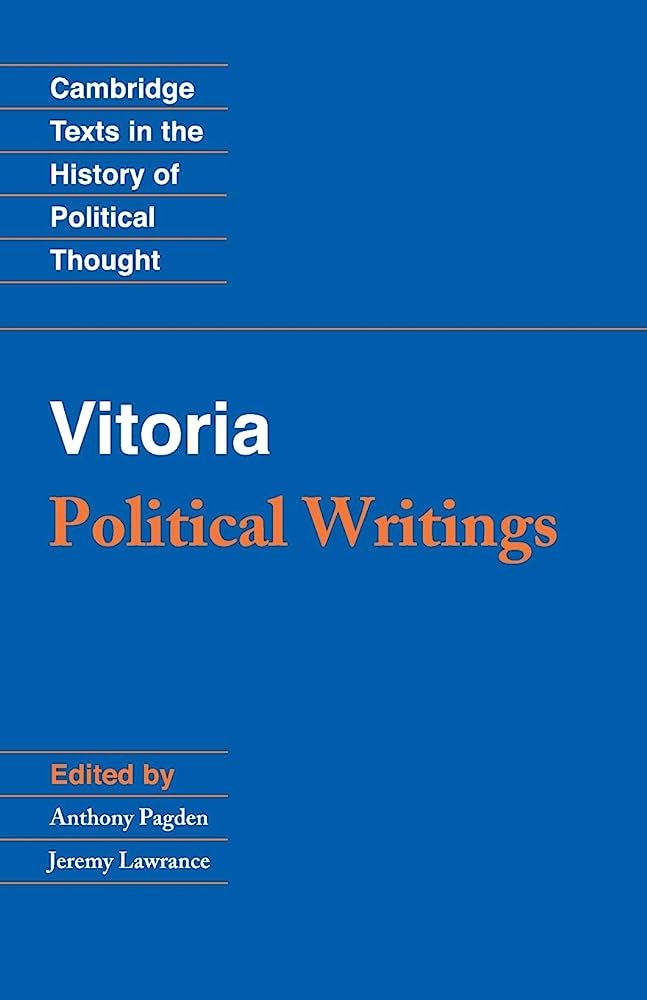
I am not saying that people do not study languages as such, in language classes, which is a different phenomenon. But in History, there are no seminars or lectures, for instance, taught in Spanish. Curious, right? Some years ago, there was a candidate for a position in the History department here at UCLA who was put forward by a man called Sanjay Subrahmanyam, who is a very distinguished Indian historian. This candidate was Mexican and he was a candidate for a position in Latin American History. This was all taking place in Los Angeles, in a majority Latino cultural context, and was being put forward by a University which prides itself on its diversity. But despite all that, the books that he had published in Spanish were not considered to be valid as far as his evaluations were concerned. Only those books published in English or translated into English were considered. I was astonished.
FGH: What do we do with the Hispanic dimension? Is there an early “Iberian” contribution to globalization? Do we incorporate Latin America into the “Western hemisphere”? You know better than I do that a conventional Anglo-American understanding of Latin America will not locate it inside the West but inside the Third World and now the “Global South.”
Pagden: It is a good question. There is a problem. What has happened, particularly in the U.S., is an increasing bifurcation between the West and the rest, if you like, or the global North and the global South. Conventional wisdom holds that anybody who is living in the global South is persecuted and anybody who lives in the global North is a persecutor. So, with Latin America, you have a complex problem because many of the people I encounter wish to pretend that in some way they are not part of a Spanish diaspora or a Spanish imperial project. They may be called Cervantes, but they are actually really Indigenous peoples. They are really “Indians” in some way. It is a curious phenomenon. I am exaggerating here slightly: but the whole question of mestizaje or creolization has never been resolved and its results have never been resolved either. So, you have a division between those who would wish to see Spanish America as part of the West, which it clearly is, and those who, because of its lack of economic development essentially, because of its unfortunate relationship with the United States, wish to see it as being somehow part of the “Global South.” Economically that is where it belongs. But in terms of its cultural background, it is an offshoot of Europe, just as the United States is an offshoot of Europe.
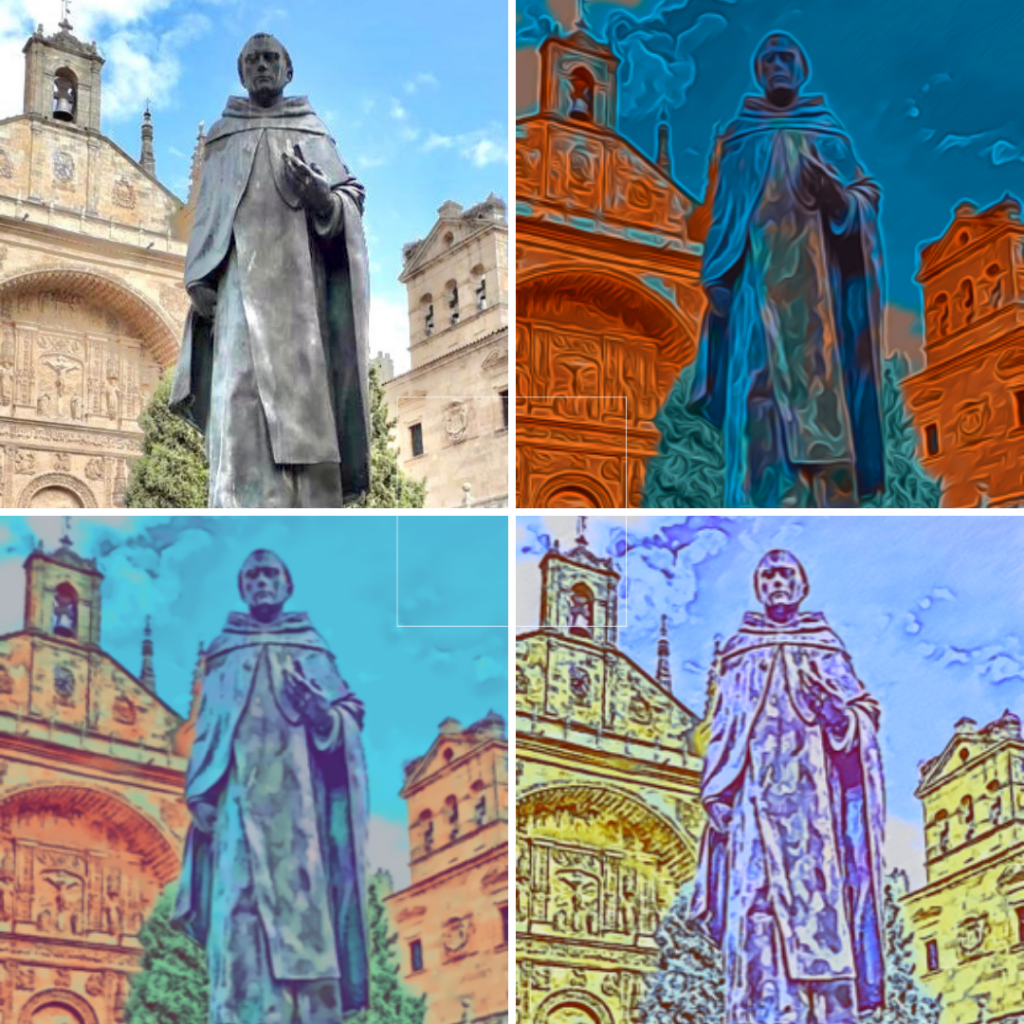
This is not to make Huntingtonian distinctions [e.g., based on the work of political scientist Samuel Huntington, known for his suggestion that immigrants to the U.S. should assimilate a supposedly distinct Anglo-American culture]. We have passed over Huntington, but, by way of parenthesis, I would strongly reject any sense that I share his general view. Certainly not his view that the Hispanics in the U.S. are destroying the WASP culture of North America. That is an abomination. In a sense, it is true that they are changing it, but it is changing it for the better, and it is a change no-one can stop. This is my objection to trying to put up walls and Trump-like fences all the time to keep people out physically but also culturally.
Let me try to answer your question more coherently. I think the Spanish Magallanes, as you call them, did not go there to extend the knowledge of the world. They went there because they wanted to conquer the world, whatever grounds or reasons they may have had for doing that. They were the first to confront the problem of what impact European expansion has on the rest of the world, including whether it is legitimate or not and how to relate to other indigenous peoples. The French and the British eventually did the same, but it took them another 200 years to get around it. There are inklings in the 17th century, but it is not really until the 18th and the 19th centuries that they begin to confront this problem. So, yes, there is a sense in which Francisco de Vitoria, Bartolomé de Las Casas, and their descendants were actually pioneers in attempts to understand what the conquest and settlement of the Americas meant for Europe, and indeed for the West.
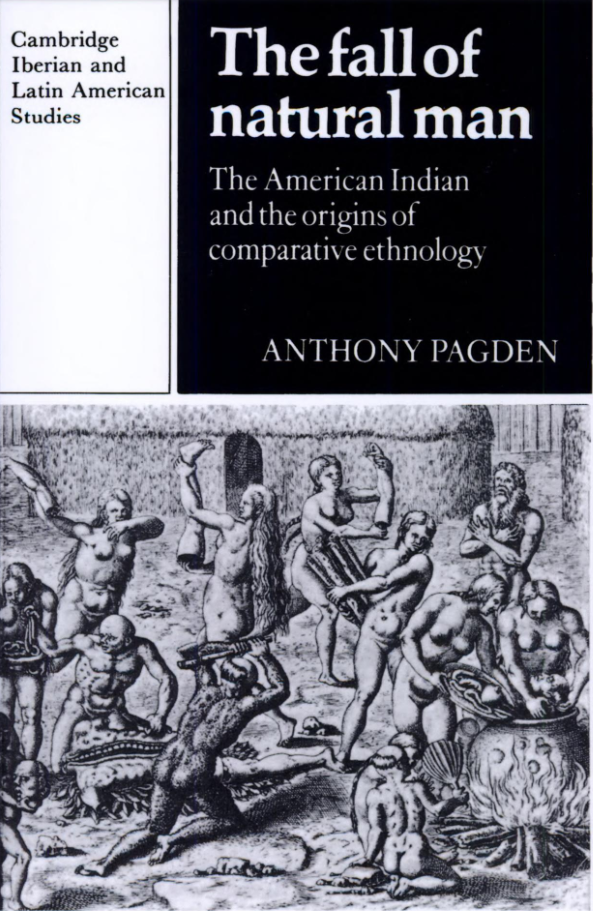
The problem is that subsequent to independence, the global South did not proceed as the global North had done, and it has therefore not created a world which could be thought of not in opposition, but as an alternative to the United States and a collaboration with Europe, so to speak. You could have imagined the concept of the sister republics that you had in the North, for instance, in the 18th and part of the 19th centuries. This is the sort of vision that Simón Bolívar had. In a way, it is also the sort of vision that Alexander Hamilton had. You would have a flourishing North and a flourishing South. The flourishing North would be linked to Northern Europe and the flourishing South would be linked to Southern Europe. If that picture of the world had triumphed, it [the world] would be a very different place from what it is today. But that never happened.
We could come up with all sorts of explanations as to why it did not happen. But the real question is why it did work in the United States. How do you deal with postcolonial societies? The United States succeeded in doing something which Bolívar believed was impossible to emulate. He called the United States “la república de los santos” [“the Republic of the Saints” or “the Saintly Republic”]. But he believed that the Spanish creoles had been too contaminated, as he put it, by the Catholic Church on the one hand and the Spanish administration on the other, which had never allowed the colonists to govern themselves in the way the British colonists in the North had effectively done. One of the reasons why it worked here [e.g., in the U.S.] is of course that the areas you were dealing with were tiny compared with the South, the populations were tiny compared with the South, and the English settlers had no wish or need to integrate with the native populations. As Bolívar himself said, “we are not one race but three”: the Spanish, the Indians, and the mestizos. ”We walk like blind men between colors.”
FGH: You use the language of “identity.” You speak of a “common European identity” that is always above all narrow nationalisms. So, perhaps the European confederation is a means of combating the murderous consequences of “post-Hegelian” and liberal nationalism. Can you explain what those terms mean?
Pagden: It is the sense of the conception of the state as the culmination of some moment in history which is the Geist, the spirit incarnate. So, in that sense, it is post-Hegelian, as I say in the book and elsewhere. This is not necessarily in the minds of those who endorse it. I am sure Marine Le Pen has never heard of Hegel, least of all of Heinrich von Treitschke and the neo-Hegelians. I am not the only person to notice this. People –Durkheim for example—remarked at the time that the neo-Hegelians were those who established the idea of the state as the ultimate incarnation of the human spirit, so that the Germans became so radically different from the French as to belong to a different species. Practically, of course, this ultimately becomes muddled up with racism as well. That’s the vision of the state I wish to abandon. At the beginning of the 20th century, Brajendra Nath Seal, an Indian economist who was involved in the movement for Indian independence, called it “racist nationalism.” Racism, that is, was what it looked like from India. This idea of the Volk making up the Stadt, which becomes this embodiment in space and time of the spirit that belongs to that particular Volk. It is self-identifying and absolutely integral. It cannot be divided up. It cannot be diverse. There is a passage in Hegel, which I quote, where he describes what he assumes to be the national characteristics of the different peoples of Europe. How, he asks, these peoples can get together, how could the Spaniards get together with the Germans, the Germans with the Italians? The national characters he attributes to these peoples are already quite interesting, because they are not the ones that we attribute to them today, but so, too, is the idea that they have these fixed identities, such that he feels compelled to ask, how could you possibly get these people to make Europe? The idea of a European union, which he attributes to Kant, was for him a ludicrous absurdity because all that exist are states and states, in order to survive, have to be constantly be in the presence of other states and must be constantly at war with or at least in conflict with one another.
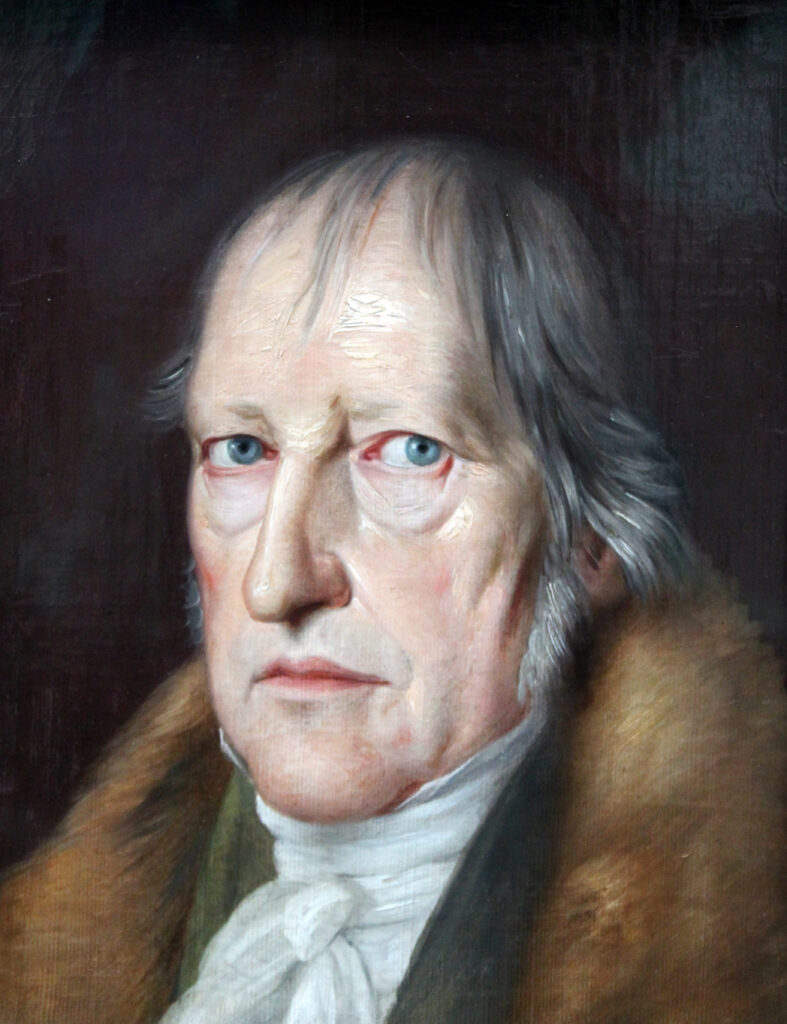
FGH: If nationalism is the “bad guy” and internationalism “the good guy,” then your invocation of “Europe” involves bringing a “new form of belonging to a multicultural national entity,” as you put it in your book. The adjective “multicultural” catches my eye in that statement. What is the “culture” that you want to subordinate?
Pagden: It is not subordinated. I think it is a common law. I went though the various things that the 19th-century Italian intellectual Carlo Cataneo gave as the unifying features of Europe: Imperial Authority—by which he means some centralized authority—Roman Law and Christianity. Now, we may think Christianity is no longer there. But I do think Christianity is one of Europe’s unifying features, and I have been criticized for saying so, as if I were endorsing this fact—which I most certainly was not. One of the defects of the original “European project” after the war, as Jan Werner Muller and other scholars have pointed out, is that its core was a Christian project, or at least, the concept of what constituted “European values” was. Europe’s “Founding Fathers” were all Christian. They never wanted to insist upon it, much to the disgust of the Church, which, of course, did want to insist upon it. You probably remember the fight over preamble to the ill-fated constitution which claimed that Europe was in essence a Christian community. If you leave out Christianity, then you are left with the Roman Law as a common legal culture. And that was one thing that I thought united all of them.
FGH: Getting back to culture, though: at one point later in The Pursuit of Europe, you suggest that the European togetherness will have to involve detachment from the language, the specific culture . . .
Pagden: No. I did not want to detach Europeans from their national cultures or languages. But we should not look at this as a matter of identity. I look around at young Europeans today, people I meet not in the streets but in seminars: there is a whole series of them whose attitudes towards the integrity of their native lands are completely different from the sort of thing with which I was brought up, and who really do possess what I was trying to get at: a sense of being European. It helps that almost all of them speak two or three languages extremely well. I was in a seminar the other day and there was a German, absolutely fluent in English and French, whose Italian was very good and who could probably read two or three other languages. The language barriers that existed between European peoples are becoming less and less important. That language gives you access to these literatures, these ways of thinking about things. The way they say intellectuals in Scandinavia have been living for centuries and the way intellectuals in England lived in the 16th century, in constant contact with each other: this is something that has now extended beyond the elite educated classes. One of the great achievements of the EU, apart from the European Research Council, from this cultural point of view, is the Erasmus Program, of which students in Britain cannot now avail themselves. My wife’s nephew, for example, has gone on from the University of Trieste to do a doctorate in Paris, and he is just one of many examples.
FGH: You write in the book that “we do not need to love Europe” (pp. 309-310): please explain.
Pagden: “Love,” I think, is the wrong term. Love I associate with patriotism, and patriotism I associate with certain kinds of narrow-mindedness that associate the community with the kin group. The word “patria” is very crucial. It is a father thing, a family thing. You may love your father or your mother or your sister or your wife, but you do not extend that to the community. What you do is you take pleasure in it, you delight in it. I just think the terminology is too tainted by ancient conceptions of patriotism, with an older sense of “my country right or wrong.” All this gives context to the idea, which of course the European Union itself has been pushing, that you must have a kind of nationalism to keep any group of people together. Accordingly, there’s a vision of the EU that seeks to reproduce some form of national sentiment. It demands a national anthem for Europe, a flag, etc., etc. All of these are things taken from the language of nationalism and then imposed on a political and cultural entity which is explicitly multi-national.
Fernando Gomez Herrero: FGH (PhD (Duke University), MA (Duke U, Wake Forest U, U of Salamanca), B.A. (U of Salamanca; fernandogherrero.com) has lately taught at the U of Birmingham and Manchester in Britain. He has also taught at Duke U, Stanford U, U of Pittsburgh, Hofstra U, Oberlin College in the U.S. Latest work: “About the philosophical proposal of the Liminal Being (An Interview with Eugenio Trías Sagnier): eHumanista (Vol. 53, 2023): pp. 410-485; https://www.ehumanista.ucsb.edu/sites/default/files/sitefiles/ehumanista/volume53/ehum53.trias.pdf; ”Sobre postcolonialismos maltrechos, descolonizaciones malogradas y angostamientos universitarios,” Revista Umbral: Un Mundo en Crisis y Las Humanidades: Sus Retos y Futuro (Universidad de Puerto Rico): Vol. 18, Diciembre 2022) & “The Latest American Appropriation of Western Universalism: A Critique of G. John Ikenberry’s “Liberal International Order,” (http://journal.thenewpolis.com/archives/1.1/index.html . There is an extensive engagement in Spanish with The Crisis of American Foreign Policy: Wilsonianism in the Twenty-First Century, edited by Ikenberry et al (Princeton UP, 2008): “Sobre la crisis oficial de la política exterior estadounidense en las primeras décadas del nuevo siglo” (Nuevo Texto Crítico, Vol. XXIII, No. 45/46): 25 pp. There is a forthcoming article titled “Foreign Humanities and “the liberal West” in the Anglo Zone in the Interregnum: A Critique of G. John Ikenberry’s “Liberal Internationalism,” a synopsis of which was presented at the Conference Legacies organized by the Universitat de Barcelona in June 20-22, 2022 (Home – English – Legacy Conference’ 22 (ub.edu)).



